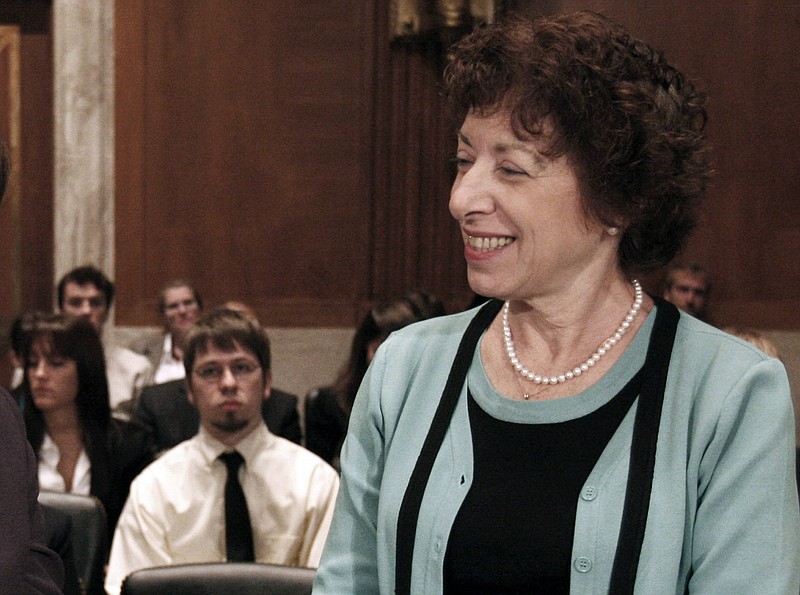WASHINGTON (AP) — A former top government environmental health official joined health experts Wednesday in expressing alarm as the Trump administration moves forward with a proposal that scientists say would upend how the U.S. regulates threats to public health.
“It will practically lead to the elimination of science from decision-making,” said Linda Birnbaum, who retired last month as director of the National Institute of Environmental Health Sciences after serving under both Republican and Democratic administrations.
In an appearance before the House Committee on Science, Space and Technology, Birnbaum said the proposal could be used to roll back fundamental protections from air pollution and other toxins. The “effects here could affect an entire generation,” she said.
The Environmental Protection Agency’s proposed regulation seeks public disclosure of the data underlying studies used by agency officials in deciding how to regulate contaminants and toxins, from car exhaust to coal waste to pesticides. Opponents fear that could include seeking to release identifying information for patients and study participants in violation of confidentiality requirements, leading important public health studies and other research on people to be taken out of consideration instead.
The administration said the proposal would increase transparency in government regulation.
Jennifer Orme-Zavaleta, an EPA principal deputy assistant administrator, told the lawmakers the agency was working “to ensure the public has access to information so they can make decisions to protect their health and environment.”
But opponents fear the measure will be used to toss out findings of decades of research on humans — and of future studies yet to come — that are a foundation of environmental and public health regulation. With weaker evidence regarding risks to human, the result could be weaker regulation of toxins, opponents said.
When the EPA first raised the proposal last year, university heads, public health officials, researchers, health workers, environmental advocates and others lined up at the agency’s public hearings to object. The agency received nearly 600,000 public comments on the change, the majority urging against it.
Debate on the proposal revived this month when the EPA sent a draft supplement to the measure to the White House for government review. That made clear that the administration was moving ahead on the measure despite the unusually strong torrent of opposition from scientists and health practitioners.

